Krasamo develops and implements real-time asset tracking software (IoT apps) to locate, monitor, and optimize assets indoors and outdoors. Our teams integrate advanced asset-tracking functionality with enterprise systems to maximize asset utilization and increase profitability.
An IoT asset tracking solution must integrate with many systems and datasets to ensure data is shared across systems for end-to-end visibility (real-time E2E visibility) and efficient asset utilization.
Other systems involved in the process are asset management software, manufacturing systems, resource planning systems (ERP), transportation management systems (TMS), warehouse management systems (WMS), telemetry, commercial datasets, etc.
Krasamo creates web and mobile IoT asset tracking functionality for solving unique challenges in physical operations, benefiting your operations with asset data about location, usage, and condition.
IoT asset tracking solutions help to improve operational performance through better asset allocation, monitoring storage and transportation conditions, maintaining stock levels, predicting demand, minimizing theft, etc.
Customized IoT asset tracking solutions add functionality as the operation scales and connect assets with cloud services, existing asset tracking platforms, and independent software vendors (ISV).
Customized asset tracking solutions are usually more cost-effective. They are built with multi-cloud capabilities (allowing one to switch cloud providers freely) and the flexibility to adapt to ISV-based supply chain ecosystems.
IoT-Enabled Asset Tracking Features
The asset tracking process varies by use case. Popular features include:
- Access asset data and analysis (dashboard and customized reporting capabilities)
- Track asset location in the warehouse
- Fleet tracking—track location and status during transportation (movement)
- Condition monitoring—track environment (warehouse) conditions using sensors
- Monitor inventory stock levels
- Track asset availability and utilization
- AI capabilities
- Data trigger alerts to schedule maintenance and repairs
- Visualization and interactive maps
IoT Asset Tracking Technologies
Krasamo’s IoT engineers can help build the wireless infrastructure and choose tracking technology for optimizing connectivity based on the type of assets, capabilities, and desired integration with other systems.
They consider the different connectivity options and topologies and how to combine them to meet your unique challenges or circumstances.
Our designers and engineers join your team in thinking about your assets and their requirements of power consumption (watts), bandwidth (how much data to transfer), desired frequency of communication, required range (distance), asset/device sizes, the physical infrastructure, and how assets interact throughout the supply chain process.
- Geofencing
- Beacon technologies
- GPS
- Bluetooth (BLE asset tracking)
- QR and barcoding
- RFID—RF asset tracking (An RFID-based tag is activated through radio waves and transmits signals to the reader connected to a network.)
- IoT sensors
- Wi-Fi
- Cellular IoT (LTE, 5G)—cellular asset tracking
- IoT Mesh (IoT mesh is a technology where each device in the network connects with any other device, increasing the range of the network without a single point of failure, mostly suitable for smart warehouses.
Application Protocols
- MQ Telemetry Transport (MQTT)
- Constrained Application Protocol (CoAP)
- Extensible Messaging and Presence Protocol (XMPP)
IoT-Enabled Asset Tracking Implementation
Implementing IoT asset-tracking solutions is a highly complex process that requires many skills and competencies. Krasamo offers its proven know-how in IoT to medium and large US corporations and provides value in IoT supply chains.
Our agile teams work with clients on a number of strategies and use cases, including:
- Design Considerations. IoT tracking solutions must consider technical, coverage, interoperability, and operational factors. Working with our clients, we discuss solutions and their impact on complexity and costs.
- IoT Tracking—Concept Development. Our hardware engineers have expertise in hardware development, creating prototypes, establishing hardware functionality, and choosing appropriate connectivity options, sensors, and other valuable inputs.
- Analyze and Discuss Network Topologies. Our teams discuss the layout and how devices interconnect specifically for your IoT use case.
- IoT Architecture Design. We work to create an architecture with layers and logic to connect sensors and devices; build a backend application to manage, monitor, and automate asset features; and interface with visualization and analytics.
- IoT Edge. We create real-time edge computing applications to collect and process data near the devices, facilitating data storage and cloud processing.
- IoT Data in Real Time. We work to integrate custom solutions with supply chain platforms and operationalize data. We leverage data with prebuilt solutions and partner ecosystem offerings, breaking down silos and providing a trusted data-driven supply chain transformation.
- IoT AI. We help partners develop and operationalize artificial intelligence/machine learning capabilities for IoT asset tracking software, developing data analytics models from assets. Our designers and engineers understand that combining AI and IoT (AI of Things) is a differentiator that provides intelligent supply chain networks capable of solving problems without human intervention.
- IoT Cloud. We believe the cloud is the best enabler to transform supply chain and logistics functions by combining AI and data capabilities in multi-cloud environments.
- Supply Chain Digital Twin. We build digital representations of physical assets in the supply chain lifecycle. For example, we can work with Google’s Supply Chain Twin platform and extend it into AI workloads.
- IoT Security. Our teams incorporate security of asset tracking solutions during the design stages in hardware, data transmission, and applications. For example, we can recommend open-source solutions for the encryption and authentication of IoT assets, recommend how to secure a mobile app, and create secure IoT device commissioning.
- Use Case and Cost Estimation. We work with clients to analyze different solutions, their implementation costs, and the value they provide. We help our clients justify their investment in IoT asset tracking solutions, quantifying the significant value provided to the business.
- Custom Development of IoT Apps. Krasamo designers and engineers work with all current key technologies, including Android (Java and Kotlin), iOS (Swift & Objective-C), Xamarin/C#, Flutter/Dart, and Python.
- Firmware Development. We work with all key technologies, including C/C++, FreeRTOS, Linux, BSP, Rust, Bluetooth, BLE Mesh, Embedded Wi-Fi, Flutter, Dart, SPI, and I2C.
Krasamo is a software development company headquartered in Texas. We have expertise in IoT and implementing real-time asset tracking solutions that optimize asset flow and utilization to improve our clients’ operational performance and to reduce costs.
Learn more about our company’s core competencies here.
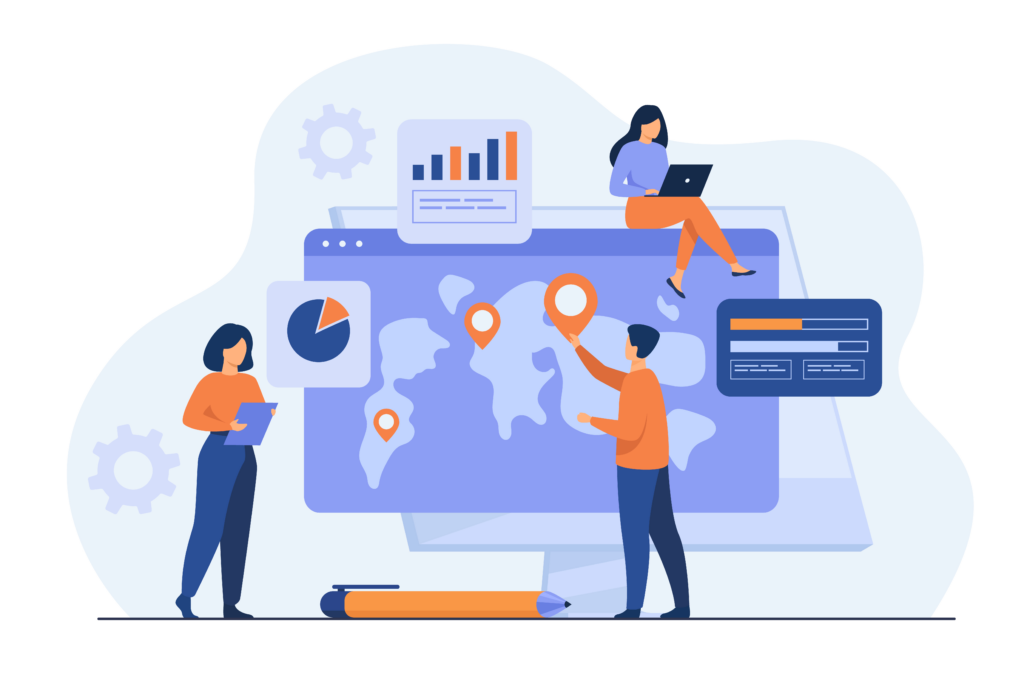

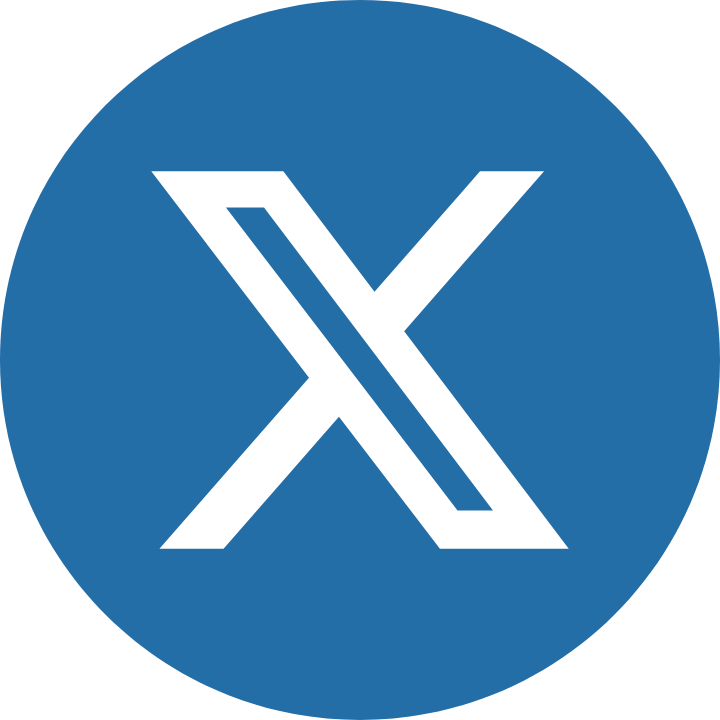

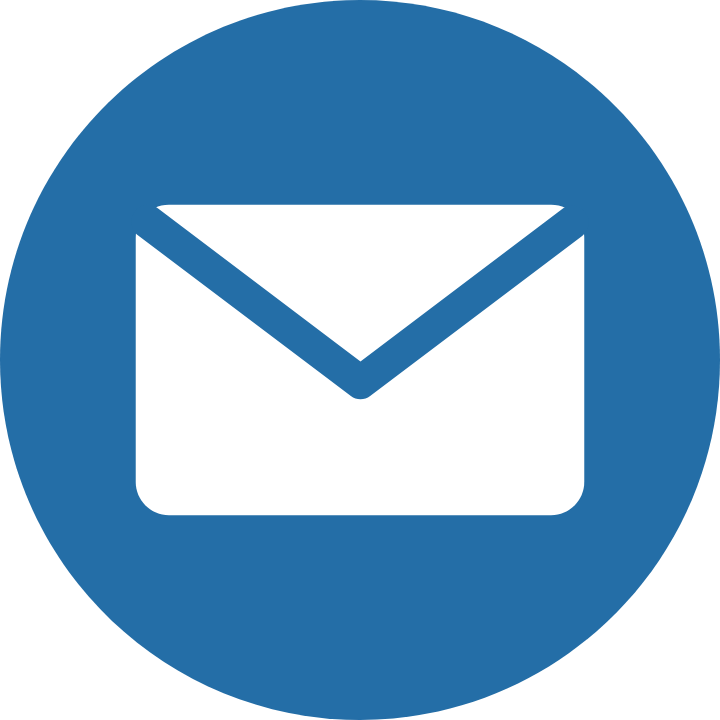
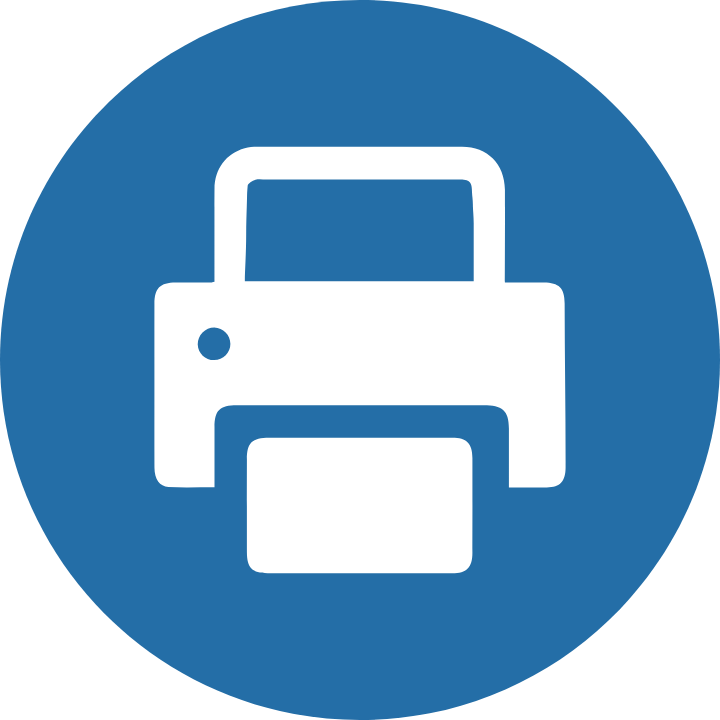
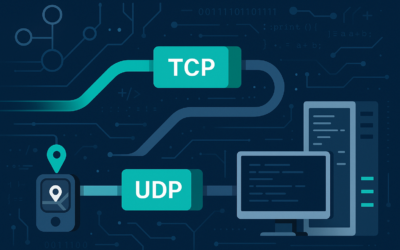
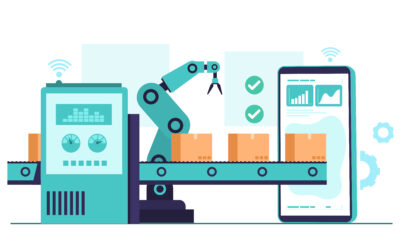

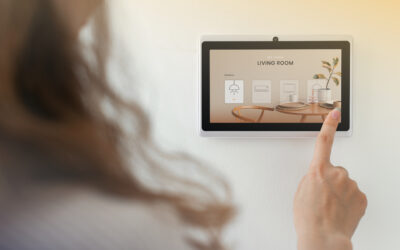
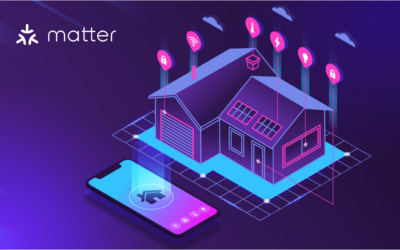
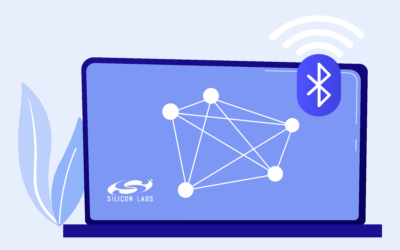
Great job on that blog post! Congrats on highlightin’ the importance of IoT asset tracking! I gotta say, your explaination of real-time edge computing is spot on! Partnering w/ an IoT development company like Krasamo can make all the difference in transformin’ supply chains. They’re killin’ it with their AI-empowered solutions for IoT asset tracking software – keep up the good work!